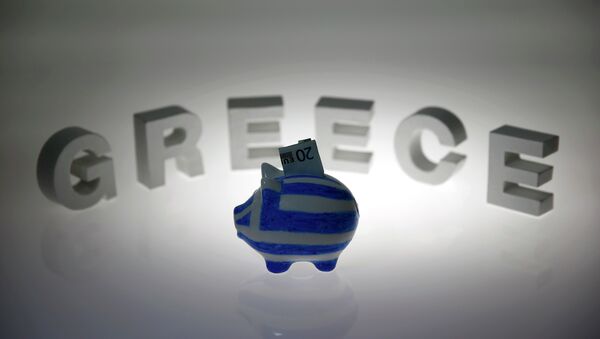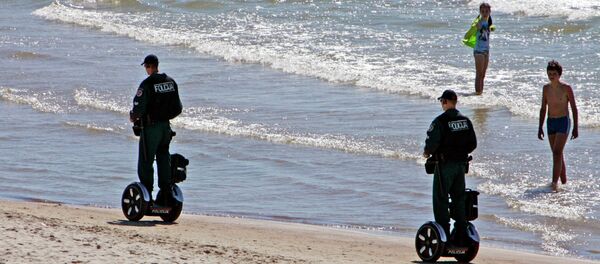Since becoming a member of the Eurozone on January 1, 2014, Latvia has made two contributions of €88.5 million to the ESM, which was established in October 2012 and is intended to provide financial assistance to Eurozone countries with financial difficulties.
The shareholders of the ESM, the 19 member states of the euro area, must agree to the disbursement of each loan from the ESM. Its Board of Governors is composed of Finance Ministers from all of the Eurozone's member states, who must vote unanimously on financial decisions, including the provision of support to an ESM member such as Greece.
Latvia did not contribute to the ESM's predecessor, the European Financial Stability Facility [EFSF], which was set up in 2010. The EFSF program to provide financial aid to Greece expired on June 30, having disbursed €130.9 billion, making it Greece's largest creditor.
The ESM is backed by paid-in capital of €80 billion to date, and its biggest contributors of capital are Germany [27 percent], France [20 percent] and Italy [18 percent]. It raises funds by selling bonds in the financial markets, and has so far provided two programs of financial assistance, €41.3 billion to Spain and almost €9 billion to Cyprus, of which €5.7 has been disbursed.
Chairperson of #ESM Board of Governors Jeroen Dijsselbloem asks Commission and ECB to assess Greek #ESM request http://t.co/4w2r6CEHHH
— ESM (@ESM_Press) 8 июля 2015
Greece has not previously received a loan from the ESM, since it received a loan from the EFSF. However, on Wednesday, Greece made a formal request for a three-year plan for financial assistance from the ESM, on the basis of the reforms put forward by the Greek government. The Greek proposals are currently being considered by the European Commission and the European Central Bank.




